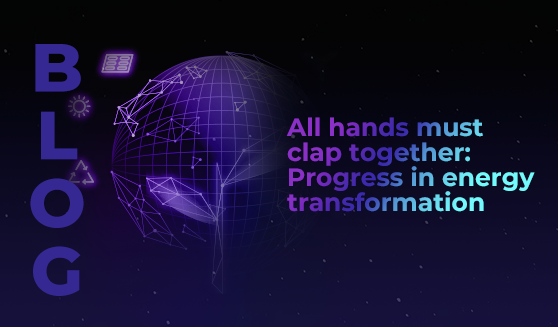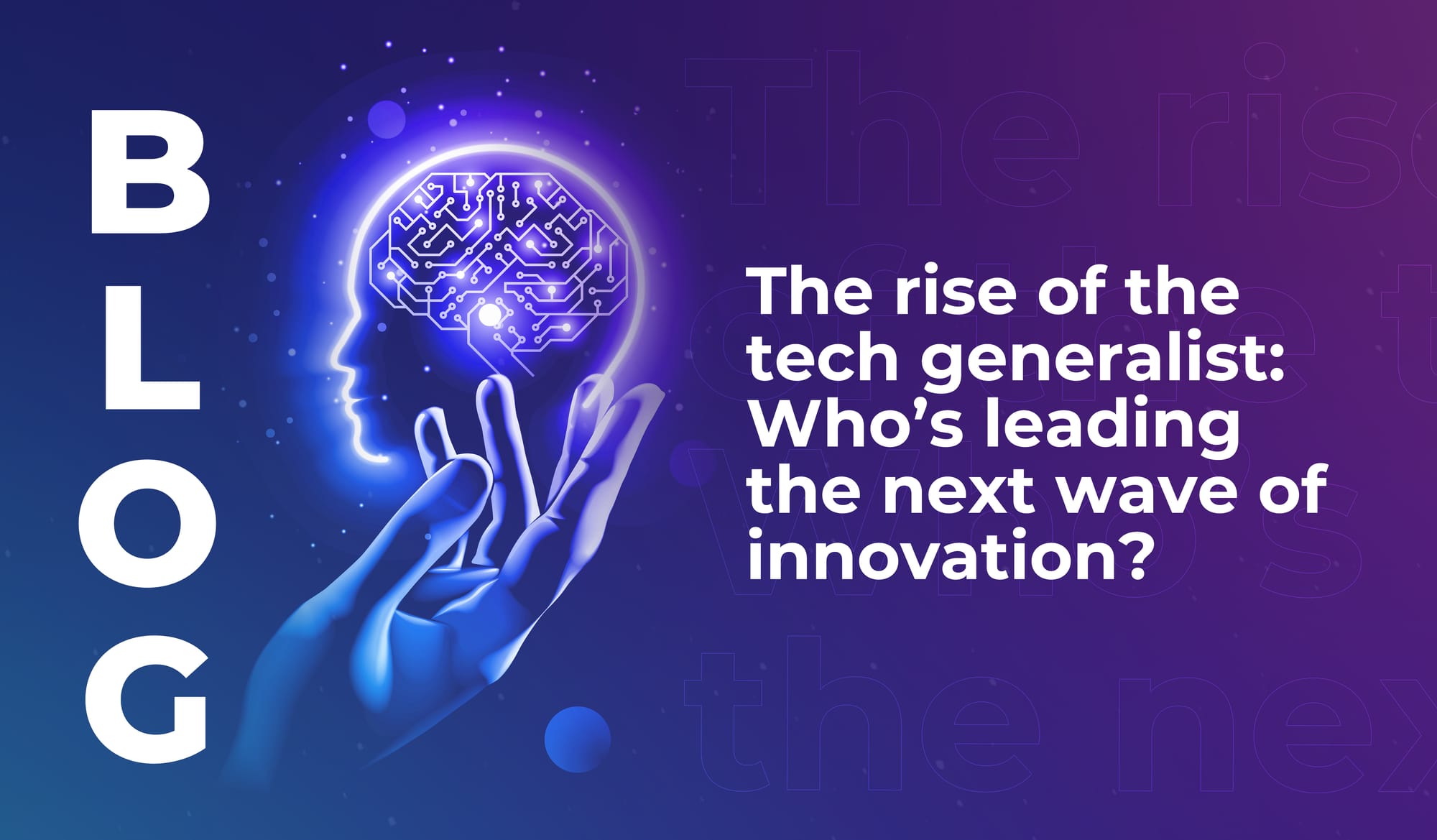
With 14 years of experience leading projects for the Jurong Rock Caverns – the world’s first undersea hydrocarbon storage caverns, recognised as one of the top 50 engineering feats in Singapore – Tan Wooi Leong (Managing Director, Energy & Industrial at Surbana Jurong) is adept at navigating challenges.
Now, he’s guiding energy transformation for Surbana Jurong; a consultancy that focuses on infrastructure and urban development.
We asked him about the obstacles that stand in the way of decarbonisation, and his proudest achievements in recent years. Here’s what he told us.
How close do you think we are to a point where environmentally friendly practices and systems in urban infrastructure can be profitable, and not a high-cost alternative to conventional practices?
“I do see inconsistency in the progress amongst various segments of urban infrastructure towards environmentally friendly practices and systems. Low carbon construction materials have achieved significant progress with the introduction of low carbon concrete and environmental friendly materials, but have yet to achieve cost parity to conventional materials.
“Urban transport is transitioning towards more greener and sustainable fuels that can mitigate operational carbon but I only foresee significant advancement and adoption beyond 2030. A lot of these advancement and progress depends heavily on public policy and public awareness.
“Governmental support in policy formulation towards environmental friendly practices will drive businesses to do more, and public sentiment towards environmentally friendly products with a willingness to pay for them will also concurrently drive their adoption. All hands must clap together in order to see more significant progress.”
Is it harder for a well-established firm like SJ to achieve decarbonisation goals and stay ahead of the curve, when compared to a younger business?
“Surbana Jurong Group is committed to contributing meaningfully to the UN Sustainable Development Goals. We have aligned our work to the goals outlined in the 2030 Agenda, the UN’s blueprint for all countries to promote prosperity while protecting the planet.
“As a global urban, infrastructure and managed services consulting firm with over 70 years of track record in successful project delivery, throughout our history we have demonstrated progressive thinking and innovative ideas to build cities and shape lives. For us, this means delivering sustainable solutions that safeguard the planet.
“Our architects, designers, planners, engineers and other specialists are applying their multidisciplinary expertise in the quest for a safe, sustainable and resilient future for all. We have successfully priced a S$250 million sustainability-linked bond due 2031, under its US$1 billion multicurrency debt issuance programme.
“It is innovative for being the:
- First public sustainability-linked bond issuance from a Southeast Asian based company
- First Singapore dollar-denominated sustainability-linked bond
- First Asian sustainability-linked bond to feature a premium step-up
“In addition, we have in place a sustainability charter with defined sustainability goals that will be realised to the public this year.
“Regardless of the size of the company, I truly believe that it's more the commitment than the scale of the business that will drive sustainability and decarbonisation. In addition to commitments, SJ has invested in R&D since 2019 towards driving the development of new energy & decarbonisation technologies such as ammonia cracking, carbon capture, CCS, CCU and other new urban solutions, jointly with our industrial partners and institutional entities.
“These R&Ds and partnerships have yielded significant outcomes for our company and for our engineers, and these are part of our professional contribution towards solving some of the most challenging urban sustainability and energy transition problems confronting our human race and climate.”
Are there any particular emerging technologies or energy developments that you think could make decarbonisation more accessible in the infrastructure and development sector?
“We have developed the seven pillars of decarbonisation that are derived from the extensive experience of our global projects and multi-disciplinary engineering expertise.
“The seven pillars are:
- Operational efficiency/circularity
- Natural gas shifts
- Low carbon utilities
- Low carbon fuels
- CCU/CCS
- Natural sinks
- Behavioural change
“And they are pertinent decarbonisation solutions for the future. With these pillars, we have invested into R&D with global renown industry partners and institutions to develop carbon capture technologies using polymeric membranes, low carbon concrete using marine clay, ammonia cracking catalysts development, green hydrogen hybrid electrolysis methods, and many more new areas to name a few.
“We truly believe that partnerships across sectors and across geographies are crucial in finding new solutions to solve our climate problems.”
What's your proudest achievement in recent years?
“Surbana Jurong embarked on a global transformation last year and implemented our new operating model in 2024. Our Global Energy business was able to undertake key global renewable and new energies projects that are significant in mitigating climate change.
“We are currently involved in…
- The Green Energy Corridor in India
- Decarbonising grid in Uzbekistan
- Regional renewable energy transmission initiatives between SEA countries
- The largest utility solar and wind farms projects in the world and Australia
- Industrial transformation and decarbonisation roadmap initiatives for states/provinces in Malaysia, UK, China, Philippines, and more.
“All of these projects truly provide us with an important sustainability cause as we know that we are contributing in our own way towards climate action.”
And finally, what was your best experience or interaction at LEAP 2024?
“The panel session Investing in the future with my fellow panellists Patricia Keating (PwC Ventures), Imtiaz Mahtab (Hydeal) & Samar Hasan Samar Hasan (EcoEdge AI) would be my highlight of LEAP 2024. It was an engaging and highly interactive session with exchanges of diverse and fundamentally grounded views.”
Thanks to Tan Wooi Leong at Surbana Jurong Group. Join us at LEAP 2025 to become part of our global future. Pre-register now.








